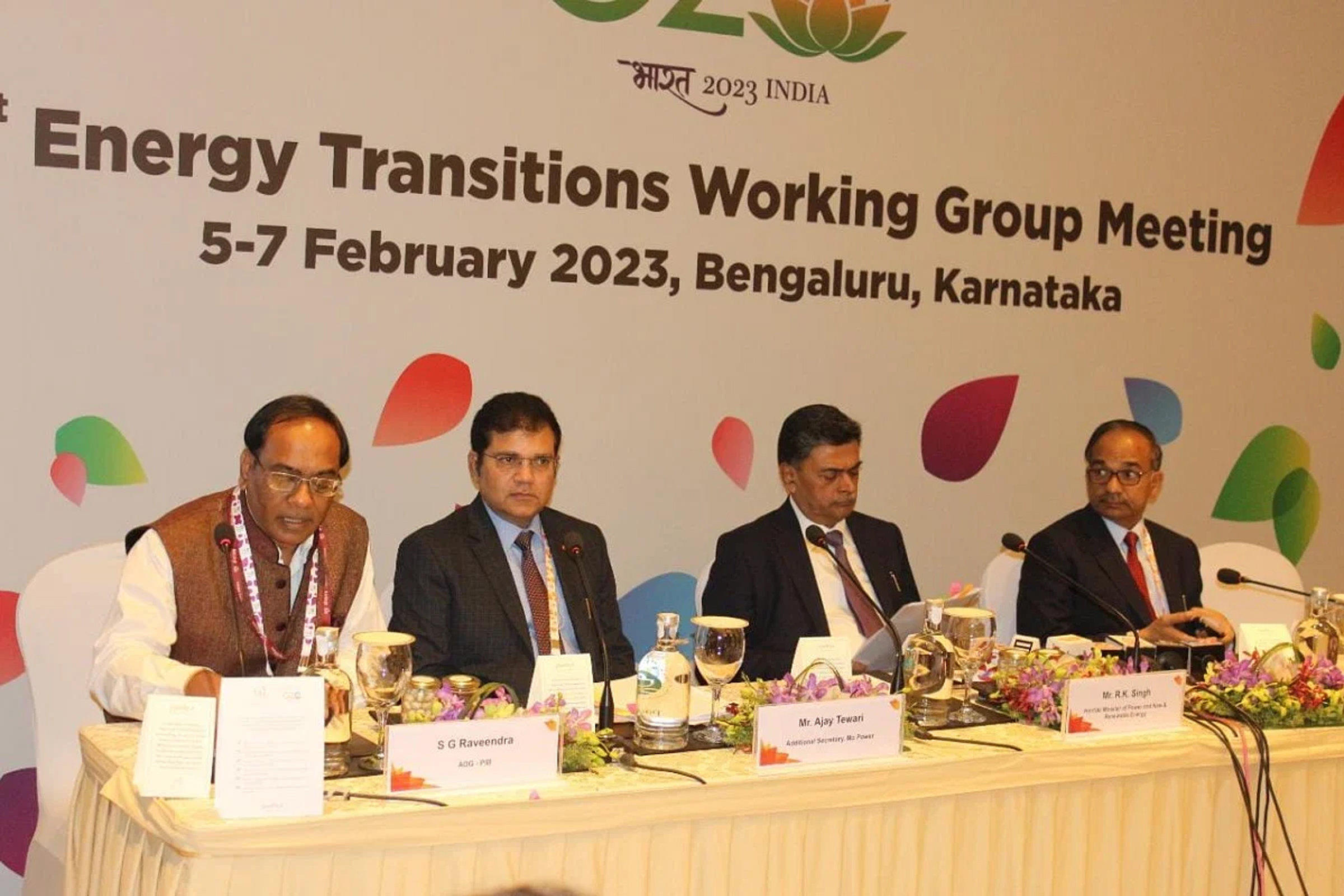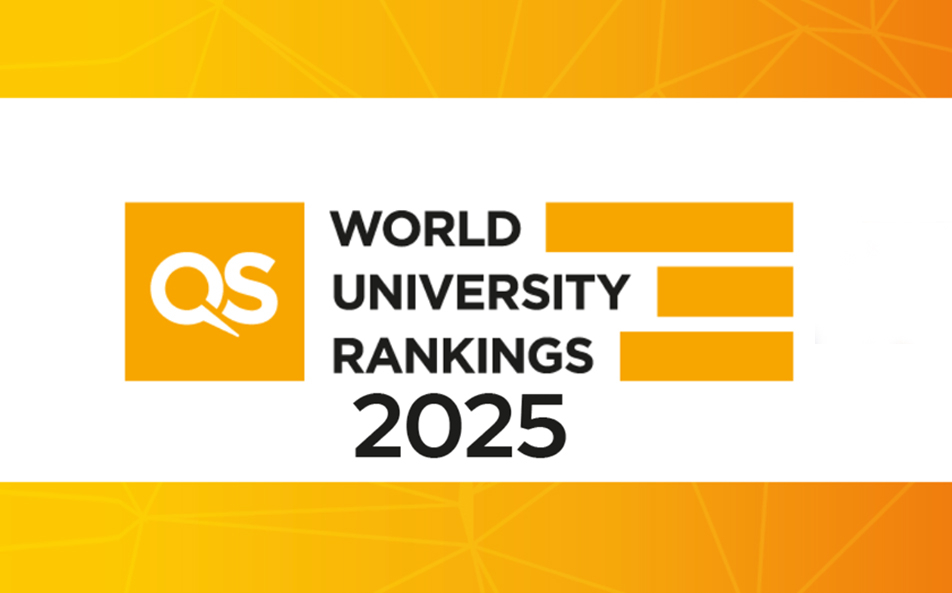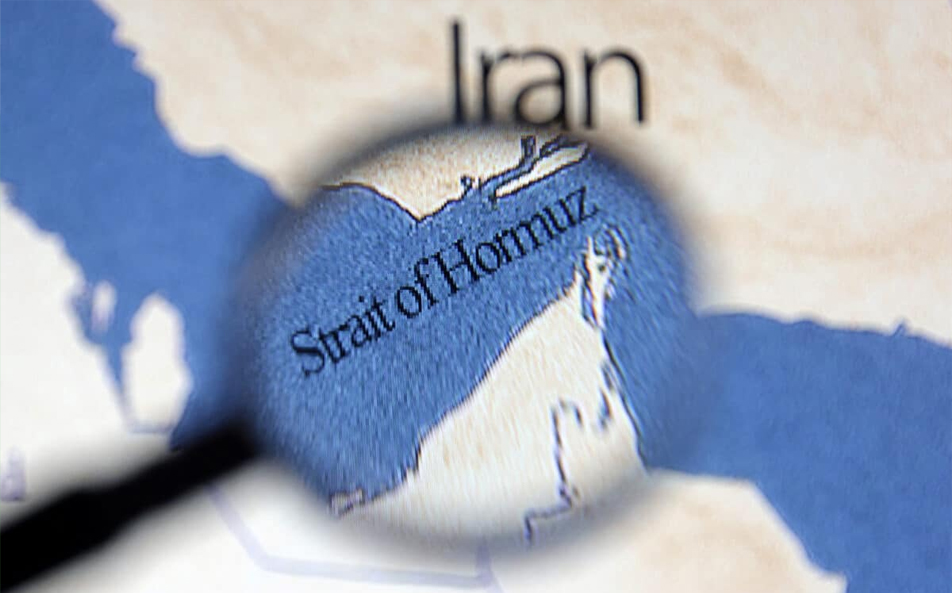
The United Indian

The Energy Transitions Working Group of G20 2023 held its first meeting in Bengaluru from 5th to 7th February. The conference brought together over 150 delegates from G20 member countries, invitee countries, and leading international organizations to discuss various aspects of energy transitions.
During the conference, the member countries recognized the importance of energy security and diversified supply chains. It was acknowledged that each country should follow a different energy transition pathway based on its energy base and potential. While the share of renewable energy is expected to increase, fossil fuels are likely to continue playing a significant role in most countries for the next 15 to 20 years. However, there was a strong emphasis on enhancing energy efficiency in industries and rapidly reducing carbon dioxide emissions.
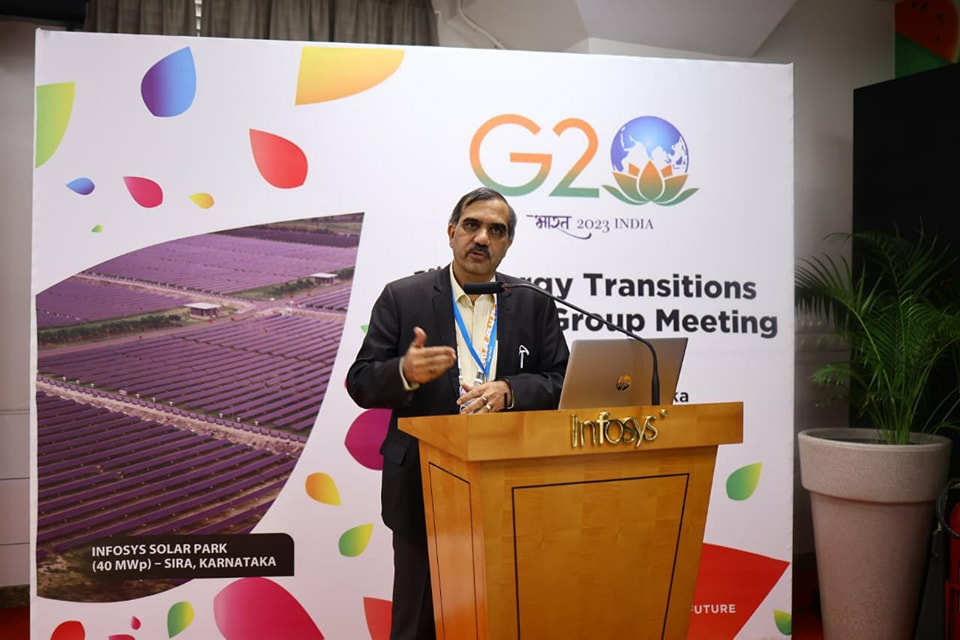
The first day of the conference included discussions on addressing technology gaps and critical technologies such as electrolysers, fuel cells, carbon capture, utilization, and storage (CCUS), battery storage, and small modular reactors (SMRs). Low-cost financing for energy transition and the adoption of clean energy technologies like offshore wind, green hydrogen, battery energy storage, and CCUS were also explored. Additionally, the role of biofuels and green hydrogen in transitioning to a low-carbon future was discussed.
The second day focused on energy security, diversified supply chains, energy efficiency, industrial low-carbon transitions, responsible consumption, and universal access to clean energy. The session on universal access highlighted the importance of managing fuel prices, technology choices, and ensuring affordable energy access for everyone. Member countries expressed support for a people-centric energy transition mechanism.
During the conference, India signed a Memorandum of Understanding (MoU) with the Indonesia-Malaysia-Thailand Growth Triangle Joint Business Council to promote energy efficiency and sustainable practices in the region. This partnership aims to leverage the expertise of Energy Efficiency Services Limited (EESL) in providing technical advisory, project management support, contracting, and implementation assistance for energy efficiency programs.
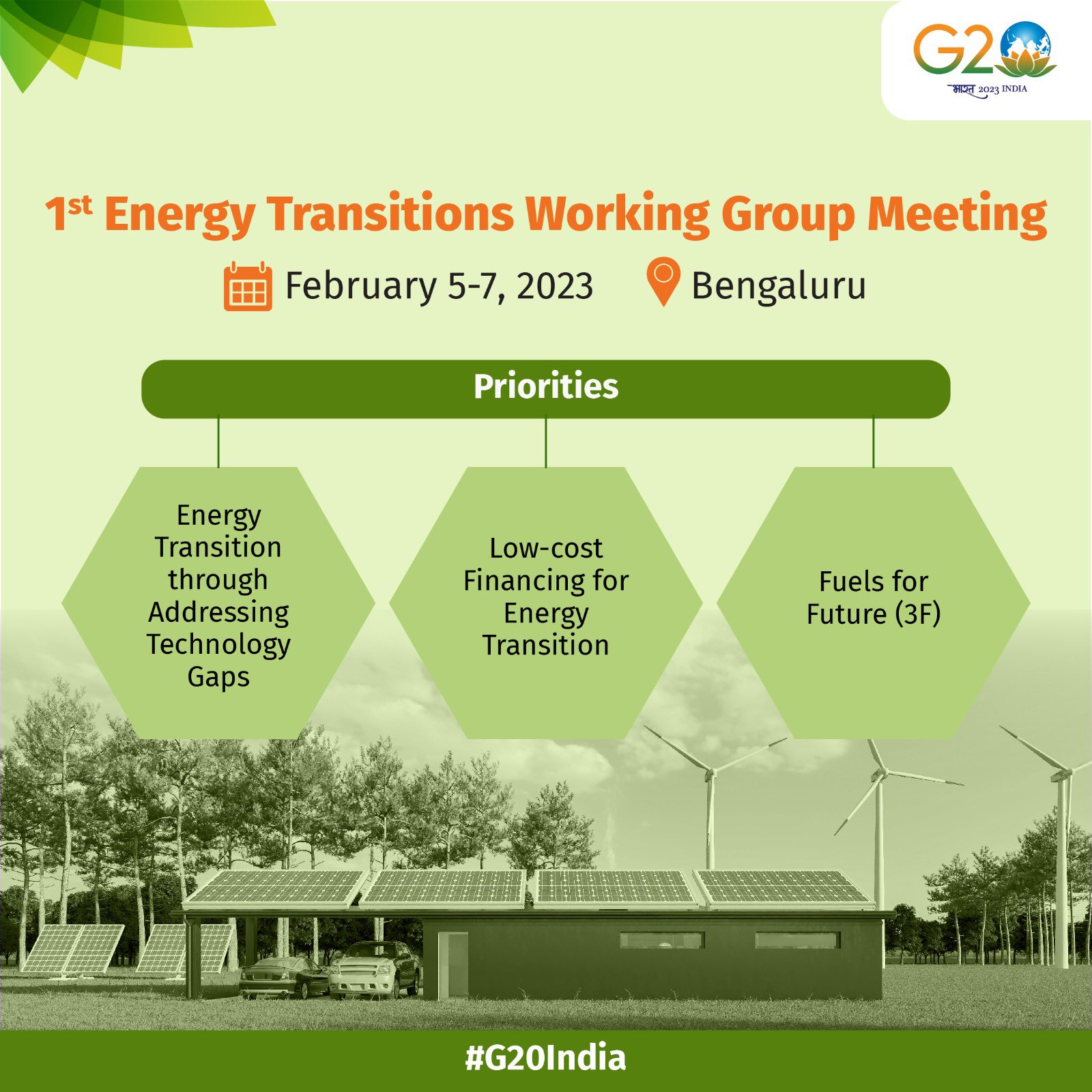
Decarbonization of hard-to-abate sectors was also a topic of discussion. Furthermore, an international seminar on carbon capture, utilization, and storage (CCUS) was organized alongside the conference. The delegates had the opportunity to visit the Infosys Campus in Bengaluru, renowned for its environmental sustainability and innovation in the buildings sector. They also toured the Pavagada solar plant, gaining insights into India's efforts in renewable energy.
Overall, the G20 2023 Energy Transitions Working Group meeting facilitated substantial discussions on critical energy-related topics and fostered collaborations among member countries and international organizations.
Read more in Recent Events
Jun 29, 2025
TUI Staff
Jun 27, 2025
TUI Staff
Jun 26, 2025
TUI Staff

Stay Tuned with The United Indian!
Our news blog is dedicated to sharing valuable and pertinent content for Indian citizens. Our blog news covering a wide range of categories including technology, environment, government & economy ensures that you stay informed about the topics that matter most. Follow The United Indian to never miss out on the latest trending news in India.
©The United Indian 2024

